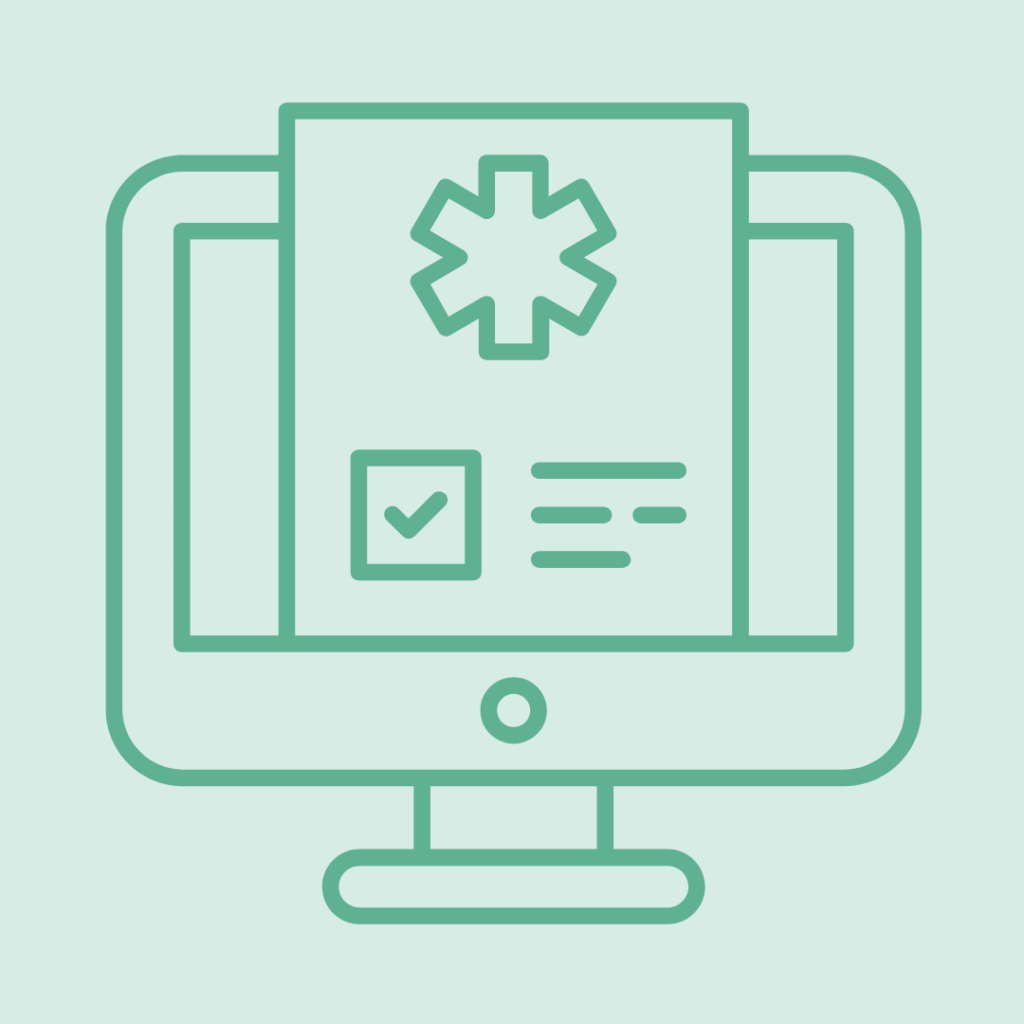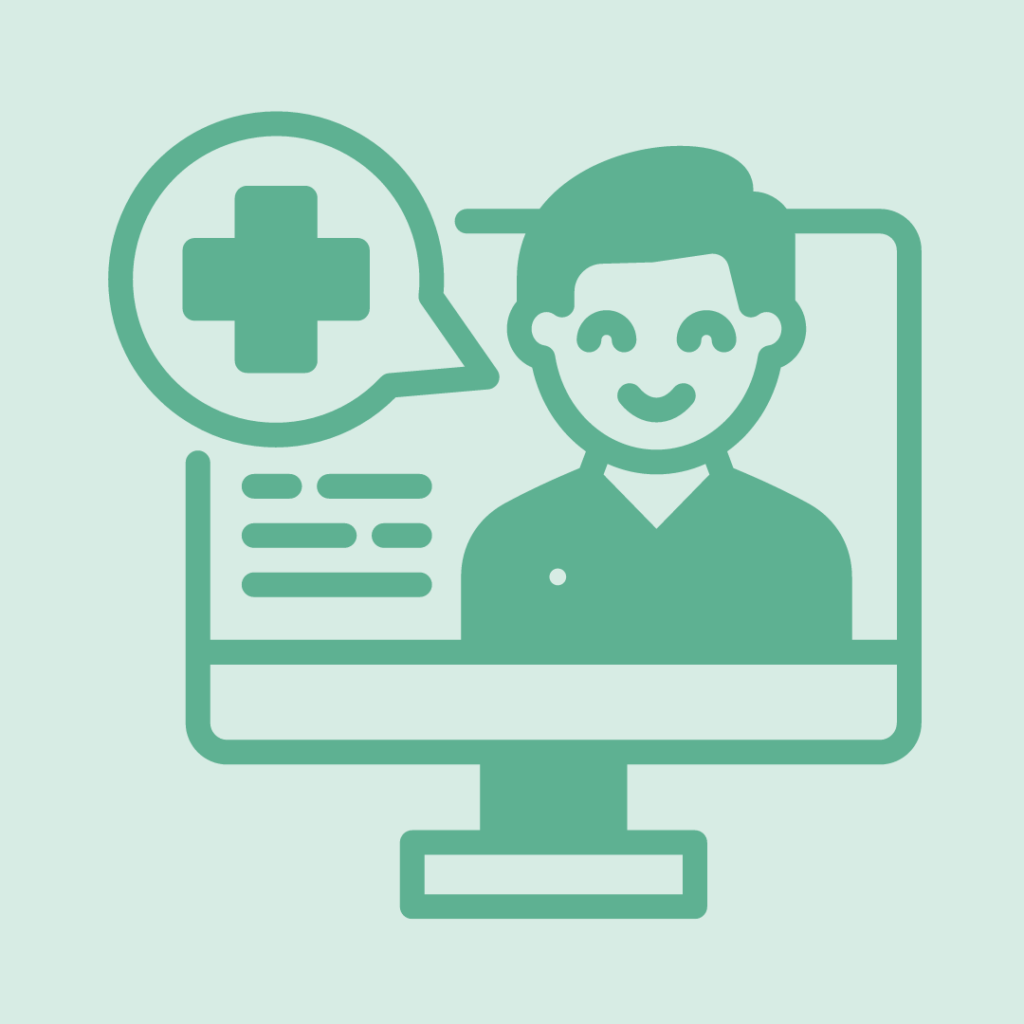Sexually Transmitted Infection
6am - midnight, 7 days a week
Accessible from anywhere in Australia.
eScript in minutes
Medication delivery

What is a Sexually Transmitted Infection?
A sexually transmitted infection (STI) is an infection that spreads through sexual contact, including vaginal, anal, or oral sex. STIs can be caused by bacteria, viruses, or parasites and may lead to serious health complications if left untreated. Common STIs include chlamydia, gonorrhea, syphilis, herpes, human papillomavirus (HPV), and HIV.
Sexually Tansmitted Infection Treatment Options

Online Prescriptions
- For when your script has run out
- Script sent to your phone
- Doctor approved

Telehealth Consultations
- When you need to speak to a doctor
- Online, Video & Phone Call or Message
- Fast access to medical advice
Medical Certificates
- For when your script has run out
- Script sent to your phone
- Doctor approved

Sexually Transmitted Infection Symptoms
STI symptoms vary depending on the type of infection but may include:
- Unusual discharge from the genitals
- Pain or burning during urination
- Sores, blisters, or warts around the genital or oral area
- Itching, redness, or swelling in the genital region
- Pelvic pain or pain during intercourse
- Flu like symptoms such as fever, fatigue, or swollen lymph nodes
Understanding Sexually Transmitted Infections
Explore the causes, symptoms, and complications of STIs.
STIs are primarily spread through unprotected sexual contact with an infected partner. They are caused by bacteria, viruses, or parasites and can be transmitted via vaginal, anal, or oral sex. Sharing needles and childbirth can also spread some infections.
Many STIs have no symptoms at first. When present, symptoms may include genital sores, unusual discharge, itching, burning during urination, pelvic pain, and flu-like symptoms. Regular screening is essential even without signs.
If untreated, STIs can lead to serious health issues like infertility, chronic pain, pregnancy complications, increased HIV risk, and organ damage. Early diagnosis and treatment are key to preventing long-term effects.

Need a Specialist Referral?Get Yours in a Few Simple Steps!
Skip the long clinic waits and get referred to a specialist in minutes. The process is fast, secure, and simple.
- Quick access to specialist referrals – no in-person appointments needed
- Telehealth consultations with trusted, licensed doctors
- Fast, reliable service – referrals sent directly to your chosen specialist
- Convenient and affordable healthcare from your home
- No hidden costs – just simple, upfront pricing
Frequently
Asked Questions
Symptoms vary depending on the infection but may include unusual discharge, pain during urination or sex, sores or bumps on the genitals, itching, or flu-like symptoms. Some STIs, like chlamydia or HPV, may not cause noticeable symptoms, which makes regular testing important.
STIs are primarily transmitted through unprotected sexual contact, including vaginal, anal, and oral sex. They can also spread through sharing needles, from mother to baby during childbirth, or, in rare cases, through blood transfusions or close skin-to-skin contact.
Many STIs, like chlamydia, gonorrhea, and syphilis, are treatable with antibiotics if detected early. Viral STIs, such as herpes and HIV, can’t be cured but can be managed with medications to reduce symptoms and prevent complications.
Using condoms consistently and correctly during sexual activity is the most effective way to prevent most STIs. Regular testing, limiting the number of sexual partners, and maintaining open communication with partners about sexual health can also reduce the risk. Vaccines are available for certain STIs, like HPV and hepatitis B.
Untreated STIs can lead to serious health complications, including infertility, pelvic inflammatory disease (PID), chronic pain, and an increased risk of contracting or transmitting HIV. Some untreated infections, like syphilis, can cause life-threatening conditions over time.
Anyone who is sexually active, particularly those with new or multiple partners, should get tested regularly for STIs. Routine testing is especially important for individuals under 25 or those who don’t always use protection during sex.

